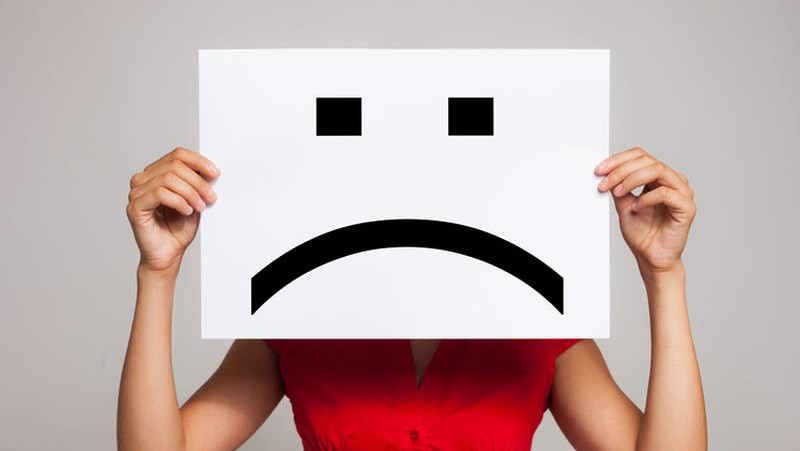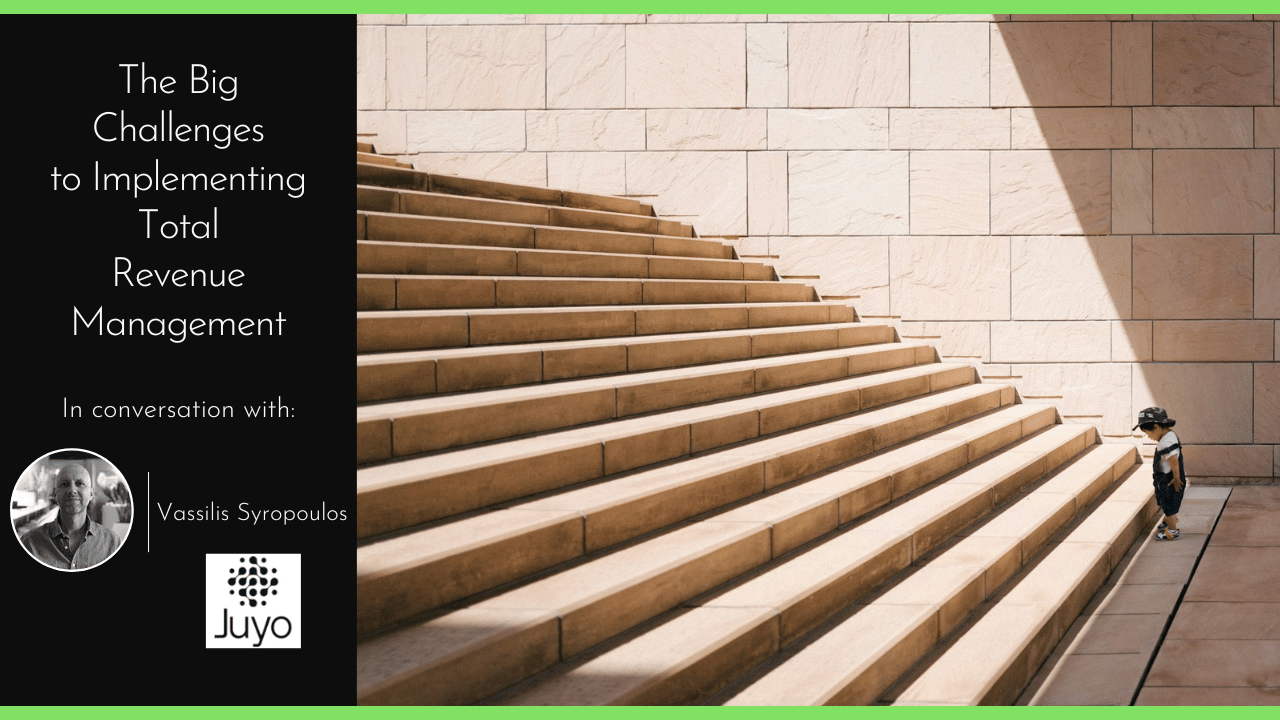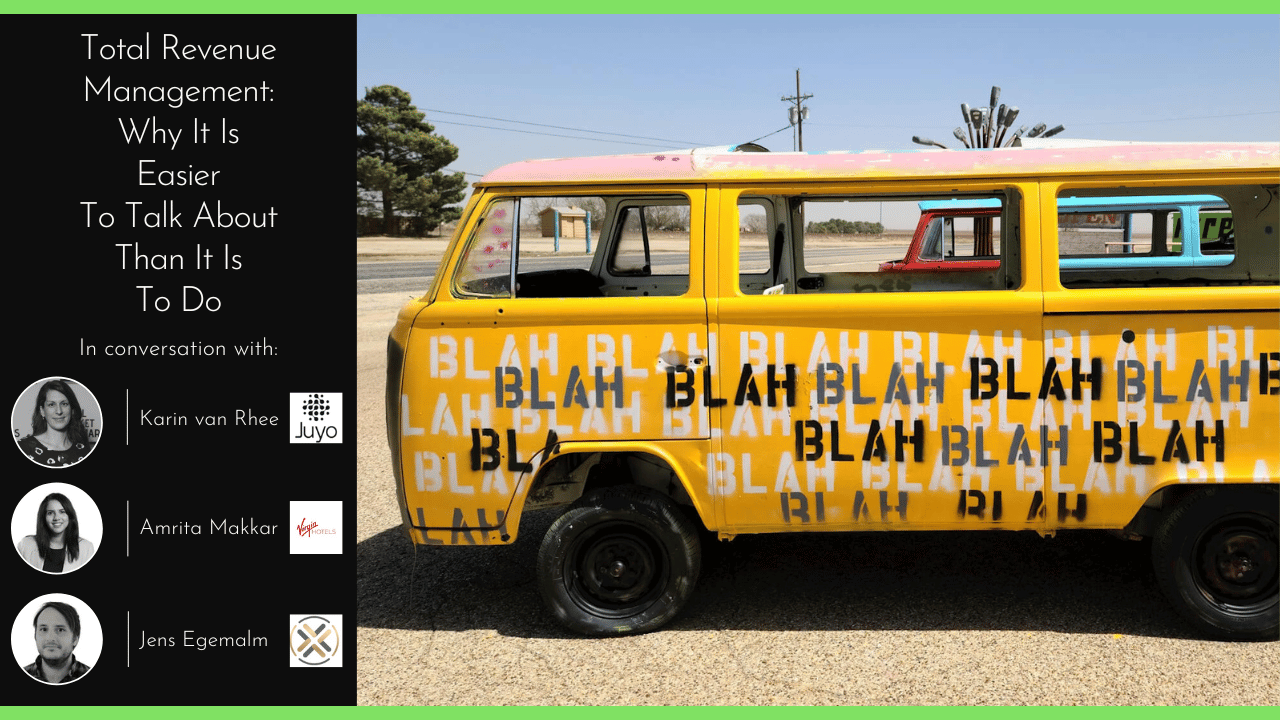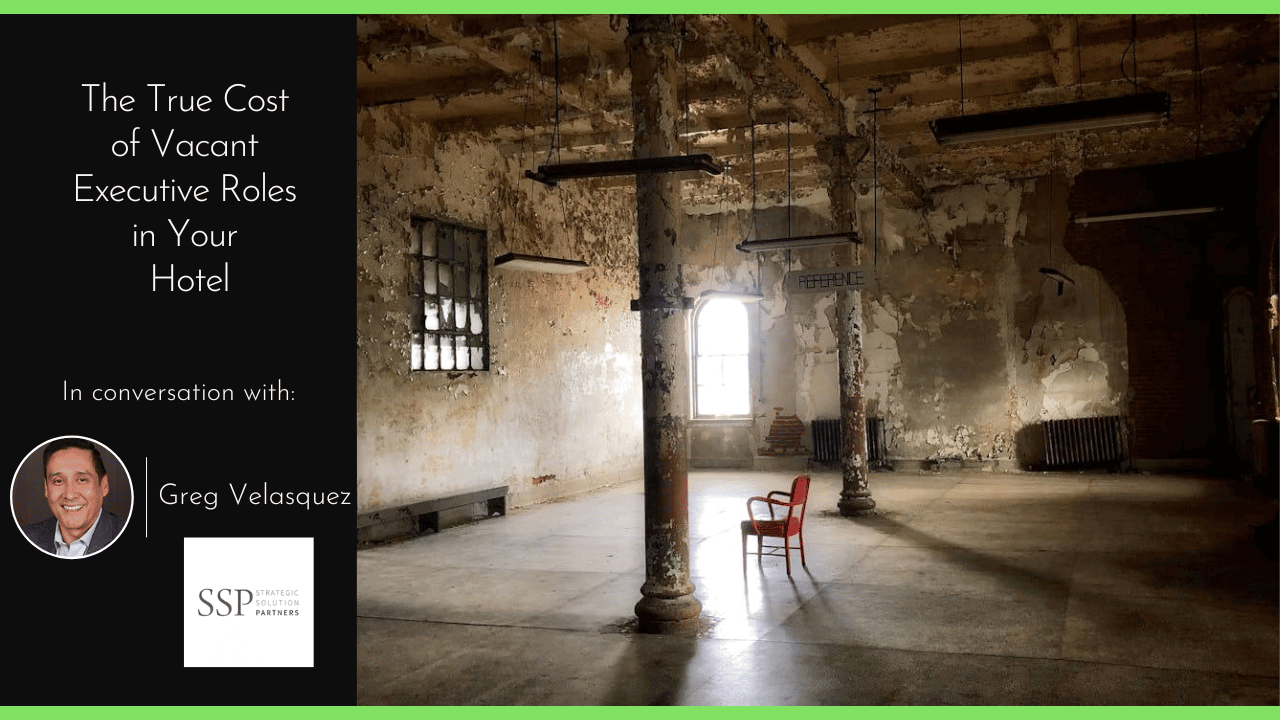
Negative SEO is a term usually used to describe an attack on your website by a competitor to lower your SEO. This can take the shape of spammy links being built to your site, hacking, or content duplication just to name a few common ones.
While it’s important to be aware of the potential external threat, your competitors are not the only secret SEO assassins you should be looking out for. You may be damaging your own SEO and not even know about it!
There are a number of ways to protect yourself from an external or self-inflicted sabotage. Here are 6 things you definitely shouldn’t be doing if you want to avoid a damaging attack or self-sabotage to your hotel’s website.
#1: Using the wrong keywords
When doing keyword research, it’s easy to automatically get stuck on the first important keywords that come to mind, but effective keyword use relies on a whole lot more.
Let’s say you’re a hotel just a short 10-minute drive from Dublin Airport. Your first instinct may be to want to appear for keywords like “airport hotel” or “hotel near Dublin airport”. A lot of people search for those, right? They must be what I’m after!
They aren’t, and here is why: they’re too common.
Keywords like these are so in-demand and competitive that your chances of appearing top of the list for them is slim-to-none, especially considering the fact that there are several other hotels that are a lot closer and a lot more qualified to answer to the query at hand. What you should be focused on are the low-hanging fruit. These are the low volume, specific key words and phrases that will bring in users who will actually convert, better known as long-tail keywords.
#2: Using too many links
Linking too often to external sites can be quite damaging to your own SEO.
Regardless of whether they link internally or externally, you should avoid putting an excessive amount of links on a single given page.




